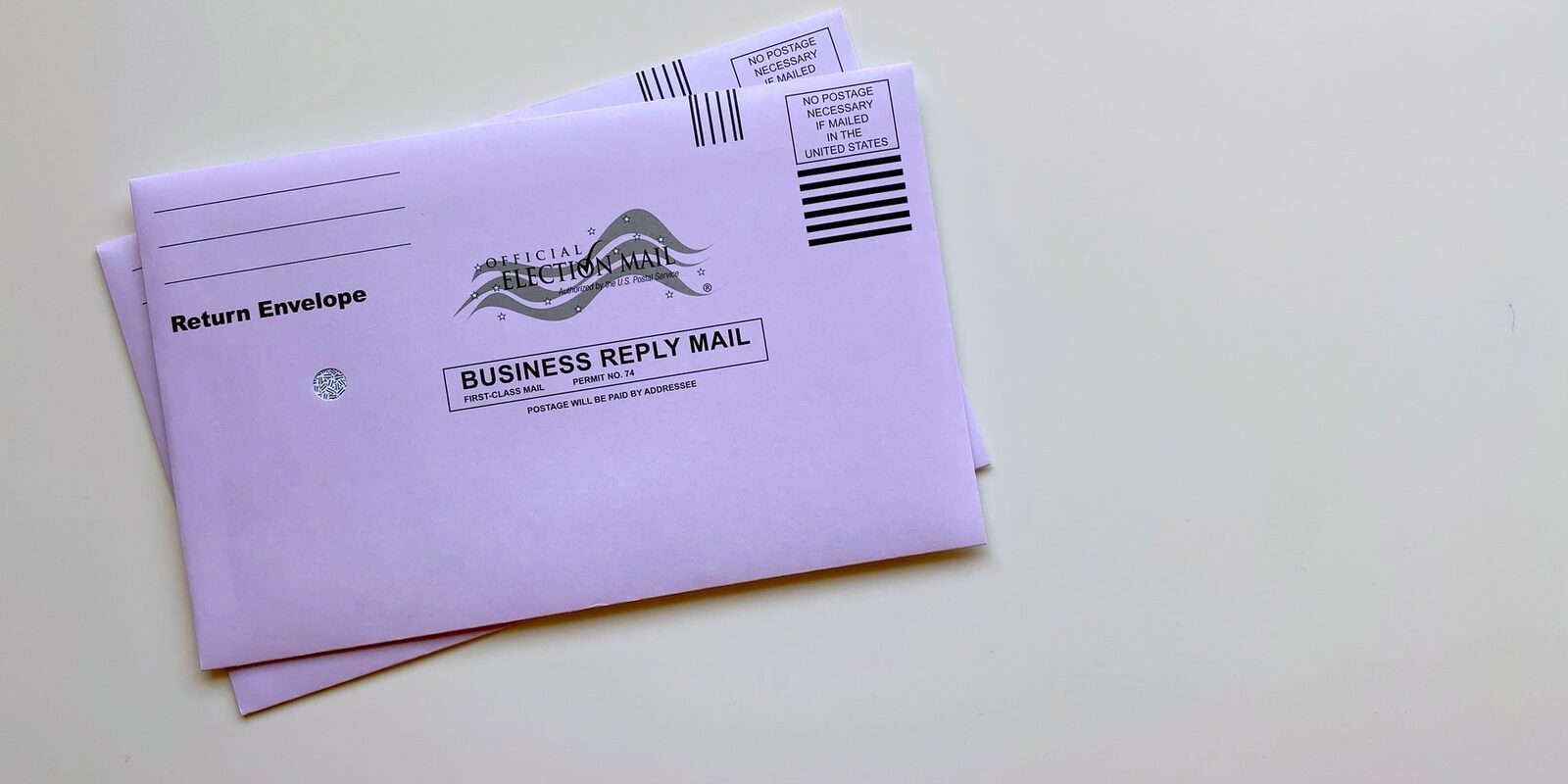
OBJECTIVE:
In this activity, students with interest in becoming the nominee for Governor of the two major parties will declare their candidacies and plan as well as execute their campaigns, culminating with the endorsement of one candidate at each convention on October19, 2022. Following classroom discussion on the campaign process, students can participate in this activity on three different levels – as a candidate, as a campaign volunteer, and/or as an informed delegate or alternate who will ultimately vote to endorse one of their party’s candidates for President.
MATERIALS:
- “Declaration of Candidacy” form to declare the intent for candidacy for Governor
http://elections.wi.gov/sites/default/files/gab_forms/3/el_162_declaration_of_candidacy_rev_2016_07_fil_10439.pdf - Tips for Running as a Candidate for Governor
- Governor Candidate Questionnaire
GET READY:
- Provide your students with the paperwork with the “Declaration of Candidacy” form.
INSTRUCTIONS:
- Instruct students that in order to officially run for Governor, they need to complete the “Declaration of Candidacy” form and have it submitted to Kids Voting by September 30, 2022. Once they complete this first step, their campaign has officially begun and they can begin to develop their campaign team and strategy.
- Each candidate will want to recruit a team of volunteers to build their campaign team/staff. The size of the team/staff as well as the strategy of the campaign will depend on the type of campaign each candidate wants to run and how aggressive they want their campaign to be.
- Share with the students some basic aspects of a campaign:
- Campaign Manager – This volunteer assists the candidate with the day-to-day management of the overall campaign, including: developing a campaign plan and implementing that plan; overseeing the various aspects of the campaign; and providing the candidate with strategic advice during the campaign.
- Social Media – This is quickly becoming the number one way candidates reach voters and delegates and spread their message. Most campaigns have a volunteer entirely dedicated to keeping social media content fresh and relevant.
- Advertising – For the Kids Voting Convention, advertising will be planning and executing online ads, either print or video that will be posted on the Kids Voting website under the convention tab.
- Issues Research – A successful candidate knows the issues that are important to their delegates and the voters. Every campaign has volunteers dedicated to keeping the candidate informed of what issues are currently important and the various positions on the issues. They also work with the Campaign Manager to make recommendations for policy position for the candidate to take. They also help the candidate develop top issues for the campaign. This role is most important leading up to debates, as they play a critical role in making sure the candidate is prepared for the debate.
- Opposition Research – This volunteer helps by collecting background information on the other candidates seeking the nomination and assisting the campaign and campaign team in developing areas or issues that can be contrasted in the campaign in an effort to win voter support.
- General Volunteers – No candidate or campaign team can reach all the voters on their own. Every campaign depends on a dedicated team of volunteers who are willing and able to advocate on behalf of the candidate and win the support of voters. The more volunteers a campaign has, the more voters they reach.
- Delegates and Alternates – Whether a candidate succeeds or not depends on winning the support of a majority of the delegates at their party’s convention. Successful campaigns both actively sign up their supporters as delegates and alternates for their party’s convention or works to win the support of already registered delegates and alternates. Doing this ahead of the convention may prove the difference for a candidate.
- Have the candidate and his or her committee develop a written “campaign plan” that will determine how the campaign will win enough votes at the convention to be endorsed.
- At the convention, there will be a debate.
- Campaigning will be done at the convention.
- Advertising can occur on the Kids Voting website.
POSSIBLE DISCUSSION QUESTIONS:
- How do the different political parties and candidates run their campaigns?
- What do you consider to be the most effective way candidates and political parties reach out to potential voters?
- Discuss the pros and cons of negative ads.
- What is the best way to reach the voting delegates that will be at your party’s convention?
- What issues are important to the delegates?
- How can you, as a candidate, convince the delegates that you are the candidate best suited to be endorsed as your party’s candidate for Governor?
- Discuss in class the difference between the role of a convention in nominating a candidate (such as those who run for President or Governor) and the role of a convention in endorsing a candidate who is seeking their party’s nomination in a primary process like we have here in Wisconsin (which is the basis of this simulation).
MORE!
- Invite a local candidate or elected official to talk about the campaign process.
- Have students study different candidates’ and parties’ websites and social media sites to identify unique ways each party and candidate uses to persuade voters to support them in the election.
- Encourage your students to watch archived state conventions to get an idea of what an actual state convention is like:
- Democratic Party 2018 State Convention: https://www.youtube.com/watch?v=5XGstt7TS_g
- Republican Party 2018 State Convention: https://www.facebook.com/watch/live/?ref=watch_permalink&v=10157510399780200
